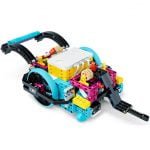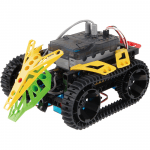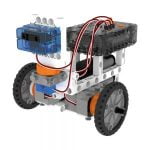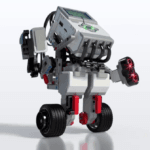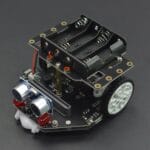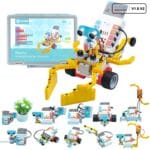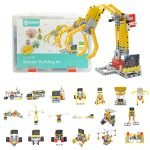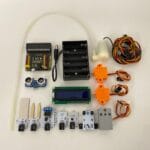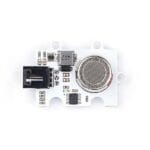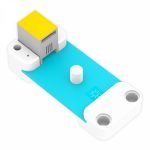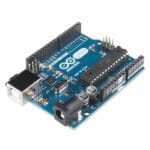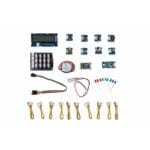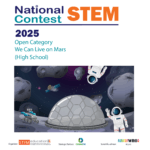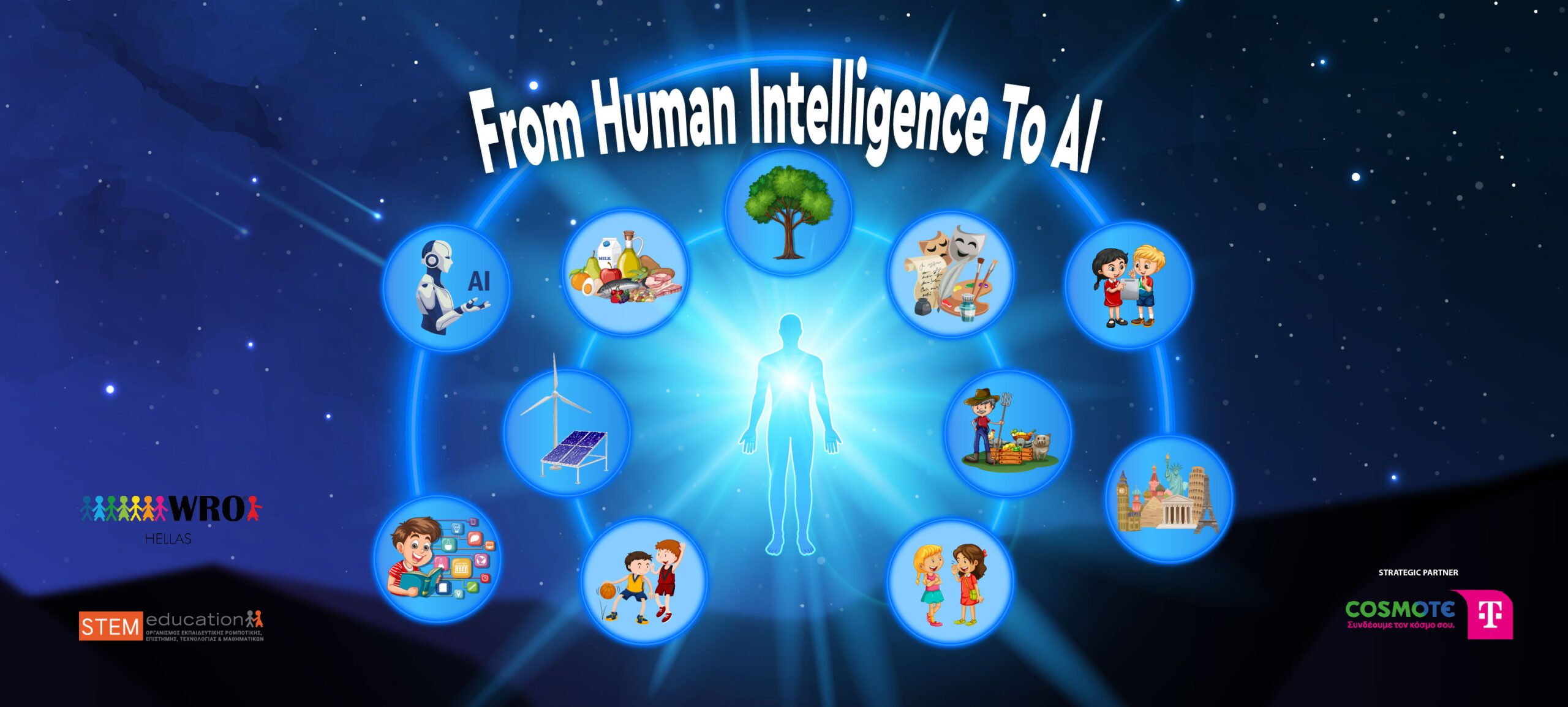
This category is aimed at Middle and High School students, with the main goal being the creation and presentation of innovative robotic constructions that solve contemporary problems, drawing inspiration from fundamental pillars of human activity.
Competing teams are invited to design, build, and program their own robotic systems, showcasing the exciting transition from traditional technologies to the smart applications of the future.
The 21st century is characterized by rapid advancement and a gradual shift from human ingenuity to automated “smart” systems that mimic aspects of human thought and activity. Students are encouraged to explore this journey, understanding how the basic principles of mechanics, programming, and logic lay the foundation for the technologies of tomorrow.
Middle & High School Category: “From Human to Artificial Intelligence”
The pillars in which teams are invited to provide solutions to contemporary challenges are:
Primary Sector: The primary sector, which includes agriculture, livestock, and fishing, faces major challenges such as climate change and the need for sustainable production. Technology and robotics can offer revolutionary solutions by increasing efficiency and making the sector more resilient and sustainable.
Energy: Ensuring clean, affordable, and reliable energy is one of the greatest challenges of our time. Robotics plays a crucial role in this transition, supporting the development of new clean energy sources and contributing to a more efficient and resilient energy future.
Transportation: Transportation is the connecting link of modern societies, yet it faces serious challenges such as traffic congestion, safety, and environmental impact. Robotics and technology offer the potential for a true revolution in this sector, enabling smarter, faster, and more sustainable solutions for moving people and goods.
Culture: Culture is our heritage, and technology provides unprecedented opportunities for its protection and promotion. Robotics can address significant challenges such as the preservation, deterioration, and accessibility of monuments, while also making our cultural heritage accessible to everyone.
Team Composition:
-
Coach: over 20 years old
-
2–6 students from Middle or High School (birth years 2007–2015)*
*A team may include both Middle and High School students. The oldest student in the team determines the age category (Middle or High School) in which the team will compete.
Submission Requirements:
Each team must submit, at least 15 days before the competition day, a portfolio including:
-
A PDF report
-
A video with a maximum duration of 2 minutes
On Competition Day:
The team arrives at the designated date and time, sets up their project in the space assigned by the organizers, and must be prepared to present their project (including the autonomous system in operation) to at least two judging panels, as well as to other teams and visitors.

Επίσημος προμηθευτής εξοπλισμού για τον Πανελλήνιο Διαγωνισμό Εκπαιδευτικής Ρομποτικής είναι η Διερευνητική Μάθηση.
Free Webinars for Coaches within the Framework of the Panhellenic STEM Competition 2026
Coming soon!!

